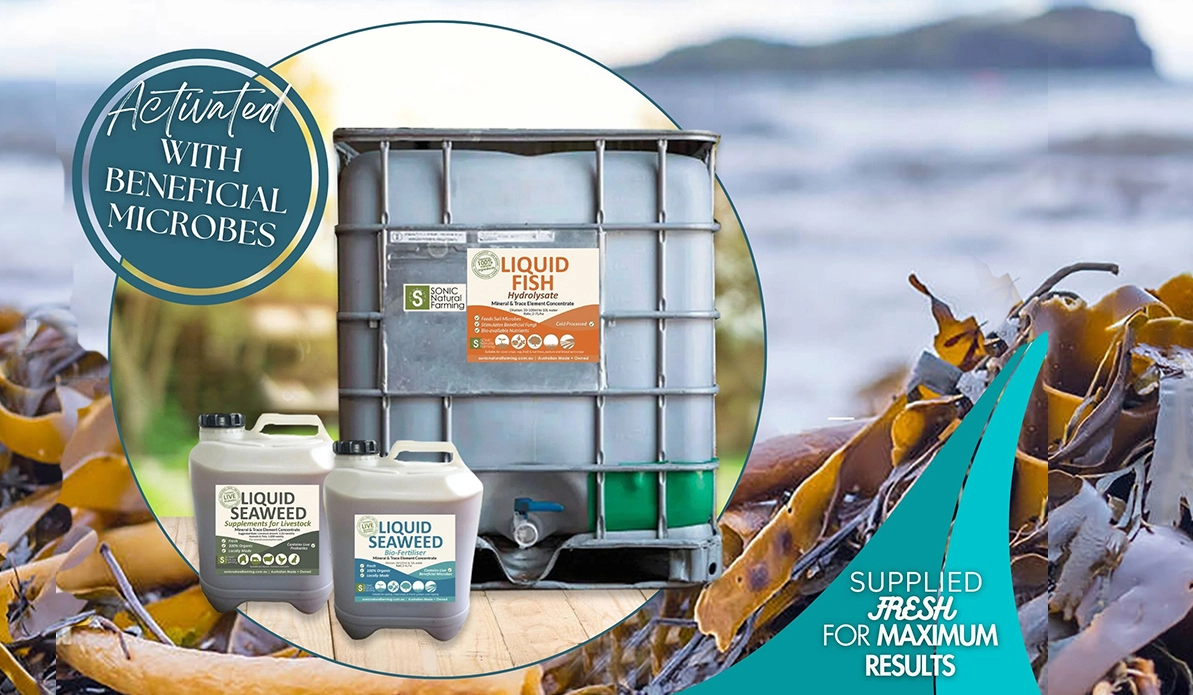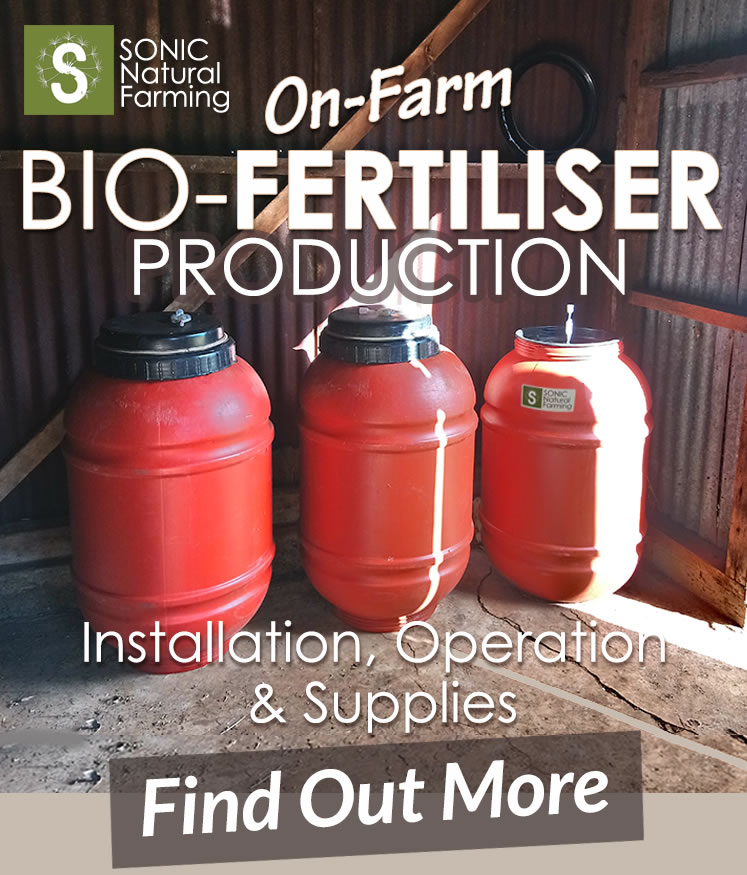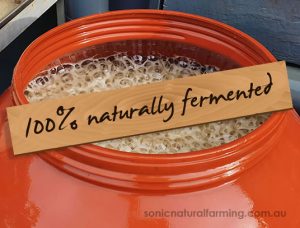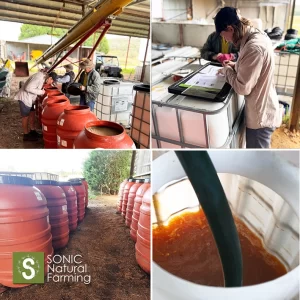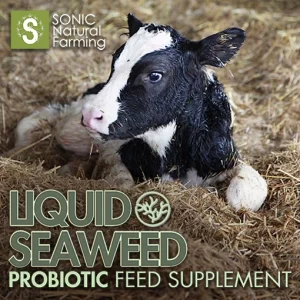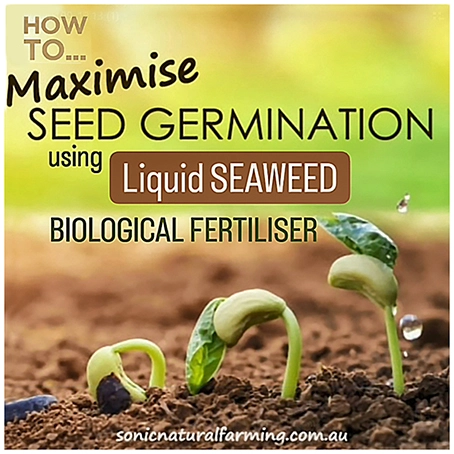Livestock digestive health plays a crucial role in optimising net profit per acre. One key aspect of livestock digestive health is feed efficiency. By improving feed efficiency, farmers can ensure that their animals are utilising the nutrients from their feed effectively, resulting in better overall health and productivity.
What is Feed Efficiency?
Feed efficiency refers to the amount of feed consumed by an animal relative to the amount of weight gained. In dairy cattle it is relative to the amount of milk production and with sheep (for wool production) it is relative to the quantity and quality of wool. Improving feed efficiency not only reduces production costs but also minimises environmental impact by reducing waste.
There are several factors that can affect livestock feed efficiency, including diet composition, feeding management practices, and genetic traits of the animals. It is important for farmers to carefully balance the nutritional needs of their livestock with cost-effective feeding strategies.
Optimising Nutrition
Proper nutrition is essential for maintaining optimal digestive health in livestock. Providing a well-balanced diet that meets the specific nutritional requirements of each animal species and stage of production is crucial. This can be achieved through careful formulation and selection of nutritional feeds, as well as regular monitoring and adjustment based on performance indicators.
In addition to nutrition, other management practices such as proper housing conditions, access to clean water, and disease prevention measures also contribute to optimal digestive health in livestock.
By prioritising livestock digestive health and focusing on improving feed efficiency, farmers can maximise their net profit per acre while ensuring the well-being of their animals.

Feeding Livestock with Biochar
Feeding biochar or charcoal to livestock offers several benefits, including reducing methane emissions, improving feed conversion efficiency, and enhancing soil health. Here are 6 key benefits:
1. Reduction in Methane Emissions
Feeding biochar to cattle can lower methane production in the rumen. This is due to biochar’s ability to modify the fermentation process, which decreases the release of methane, a potent greenhouse gas.
2. Improved Feed Conversion Efficiency
Biochar in the diet of livestock has been shown to enhance feed efficiency. It helps in better digestion and nutrient absorption, leading to improved growth rates and overall health of the animals.
3. Enhanced Soil Health
When biochar is used in cattle feed, the resultant manure, enriched with biochar, is applied to fields. This manure improves soil structure, increases water retention, and enhances microbial activity, contributing to better soil health and fertility.
4. Reduction in Ammonia Emissions
Biochar reduces ammonia emissions from manure, which helps in decreasing odour and improving the nitrogen content in the manure. This leads to less nitrogen loss and better nutrient availability for crops.
5. Detoxification
Biochar has a scavenging effect on toxins. It can absorb harmful substances like dioxins, pesticides, and other toxins from the cattle’s diet, reducing the overall toxin load in the animal and improving their health.
6. Parasitic Reduction
There is evidence that biochar can help in reducing the burden of parasites such as worms and coccidiosis in livestock, which can lead to lower veterinary costs and healthier herds.

Feeding Livestock with Seaweed
Maintaining optimal digestive health in livestock is crucial for improving feed efficiency and overall animal performance. One emerging solution that has gained attention is the use of Liquid Seaweed Supplements.
Liquid Seaweed Supplements, derived from marine plants such as Bull Kelp, contain a rich array of bioactive compounds that can positively impact livestock digestion. These supplements are rich in organic essential nutrients, vitamins, minerals, and trace elements that support gut health and help enhance nutrient absorption.
Healthy Rumen Support
When incorporated into the diet of livestock, Liquid Seaweed Supplements have shown potential benefits such as improved rumen fermentation, enhanced microbial activity in the gut, increased production of beneficial volatile fatty acids (VFAs), and reduced incidence of digestive disorders.
Furthermore, studies have indicated that the bioactive compounds present in Liquid Seaweed can contribute to better immune function and antioxidant capacity in animals. This can help reduce stress-related issues and improve overall resilience to diseases.
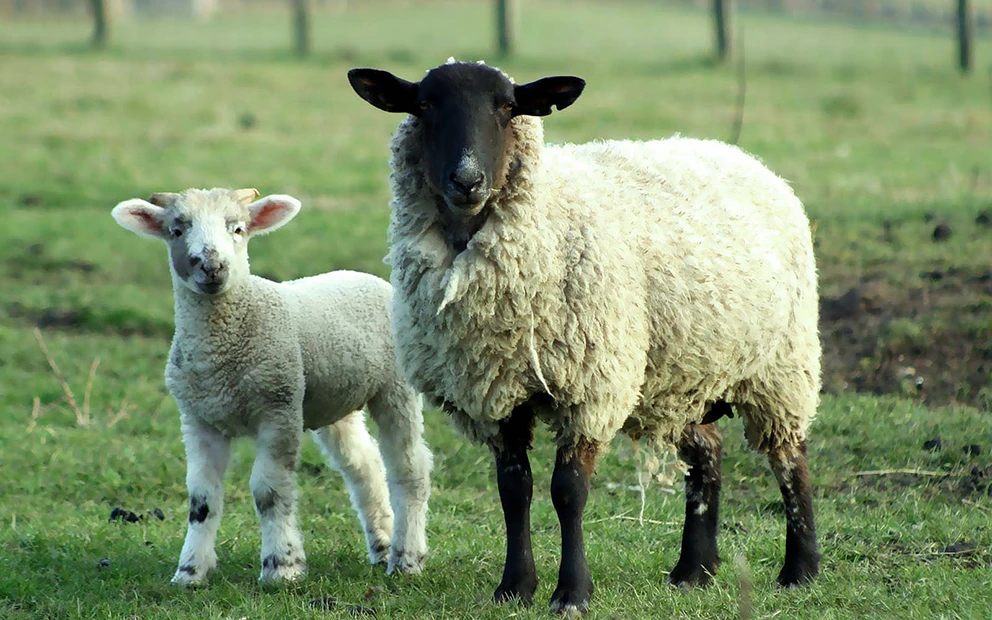
Healthy livestock have a whole and balanced diet for optimum health and performance.
Here are 6 benefits that enhance the health and productivity of animals using SONIC Probiotic Liquid Seaweed for Livestock.
1. Improved Nutrient Absorption
Liquid Seaweed Supplements are rich in essential nutrients such as vitamins, minerals, and amino acids. When added to animal feed or water, these supplements help improve nutrient absorption in livestock. This leads to better overall health, better digestibility and increased resistance to diseases.
2. Enhanced Digestive Health
The bioactive compounds present in Probiotic Liquid Seaweed Supplements promote a healthy gut environment for animals. They help maintain a balanced microbial population in the digestive system, which aids digestion and prevents gastrointestinal issues like bloating and diarrhea.
3. Boosted Immune System
The natural compounds found in Liquid Seaweed Supplements have immune-stimulating properties. Regular use of these supplements can strengthen the immune system of livestock, making them more resistant to infections and diseases.
4. Increased Weight Gain
Liquid seaweed supplements have been shown to enhance weight gain in livestock due to their high nutrient content and improved digestion. Animals fed with these supplements tend to have better feed conversion rates, due to the added natural probiotics, resulting in healthier weight gain over time.
5. Stress Reduction
Livestock often experience stress due to factors such as transportation, changes in diet or environment, or extreme weather conditions. Liquid Seaweed Supplements contain bioactive compounds that help reduce stress levels by promoting hormonal balance and providing antioxidants that combat oxidative stress.
6. Improved Soil Health
When Liquid Seaweed is used in cattle feed, the resultant manure is applied to fields. This healthy manure improves soil structure, increases water retention, and enhances microbial activity, contributing to better soil health and fertility.
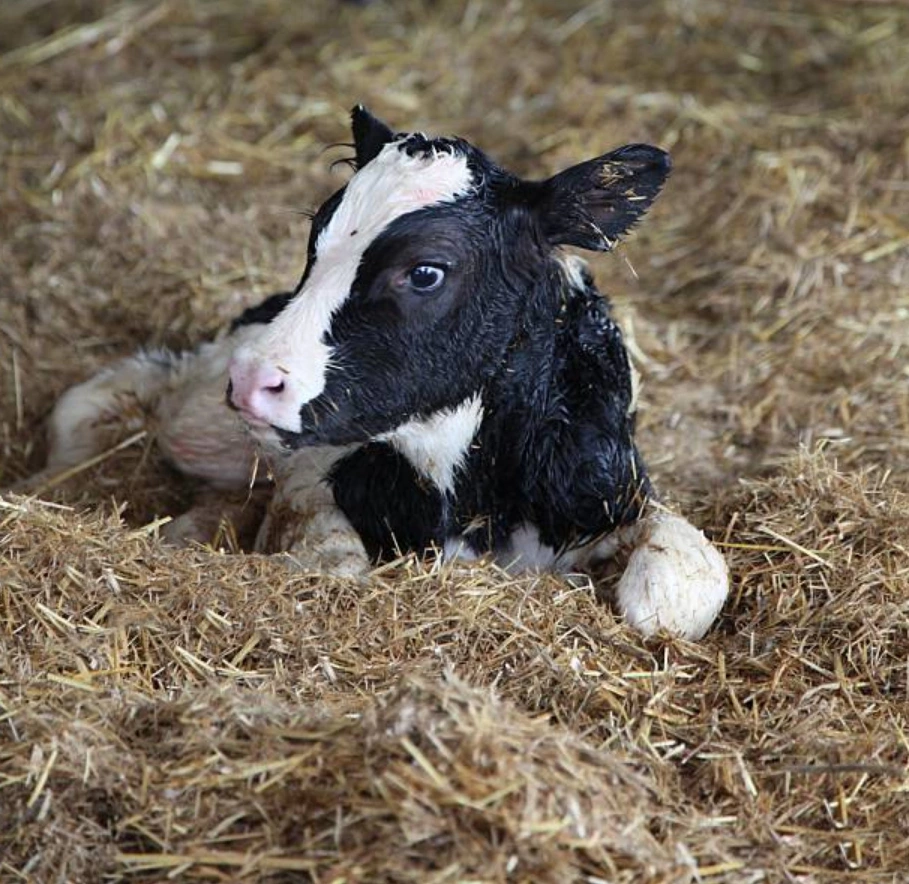
Liquid Seaweed for Livestock has been shown to reduce diseases such as calf scour.
Additional Benefits of Using Probiotic Liquid Seaweed
Reduce Incidence of Calf Scour
The use of Liquid Seaweed as a livestock probiotic and mineral supplement has shown promising results in reducing diseases such as calf scour. Calf scour, also known as neonatal diarrhea, is a common and costly issue in the livestock industry. It can lead to dehydration, weight loss, and even death among young calves.
Seaweed contains various bioactive compounds, including polysaccharides, minerals, vitamins, and antioxidants that can support the immune system and promote gut health.
Studies have indicated that adding Liquid Seaweed to the diet of calves, as well as to pregnant and lactating heifers, can help reduce the incidence of calf scour. The specific mechanisms behind this effect are still being researched but may involve improved gut integrity, enhanced immune response, and modulation of gut microbiota.
Chemical and Antibiotic Alternatives
Furthermore, Liquid Seaweed Supplements offer a natural alternative to antibiotics or other pharmaceutical interventions commonly used to manage calf scour. This aligns with the growing consumer demand for sustainable and environmentally-friendly farming practices.
It is important to note that while Liquid Seaweed shows promise in reducing calf scour, it should be used as part of a comprehensive herd management plan that includes proper nutrition and hygiene practices. Consulting with experts in livestock nutrition is recommended before implementing any new supplements or treatments.
Overview
Integrating Liquid Probiotic Seaweed and biochar into livestock management offers multifaceted benefits that significantly enhance overall farm productivity.
Liquid Probiotic Seaweed Supplements provide essential minerals, trace elements, and beneficial microorganisms that support robust livestock health and nutrition, leading to improved digestion, stronger immune systems, and better growth rates.
Biochar, when included in livestock feed, not only reduces methane emissions and improves feed conversion efficiency but also enriches manure, which in turn enhances soil health by boosting microbial activity and soil structure. Together, these natural inputs promote a sustainable and efficient farming system, ensuring healthier livestock and more fertile, productive soils.
See more related videos on our hand selected Informational Video List – Regenerative Livestock Farming



